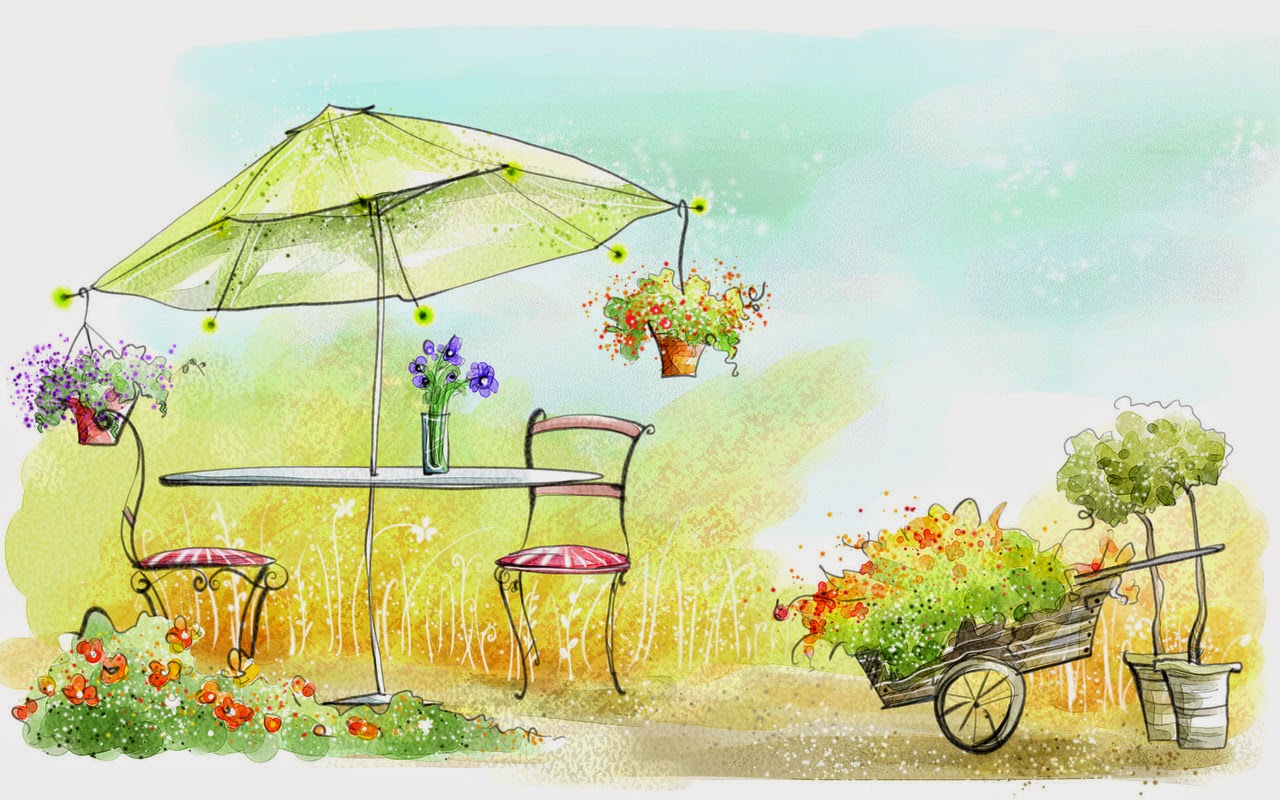bài tập về making suggestions
Bạn đang xem bản rút gọn của tài liệu. Xem và tải ngay bản đầy đủ của tài liệu tại đây (229.01 KB, 26 trang )
Đang xem: Bài tập về making suggestions
– I think we/ you should + V(bare-inf)… Ex: I think we should save natural resources.
– Shall we + V(bare-inf) ………….?
Ex: Shall we go to the movies?
– Why don’t we/ you + V(bare-inf) ……? Ex: Why don’t we go to the movies?
– Let’s + V(bare-inf)…
Let’s go to the movies.
– What/ How about + V-ing …………..?
What/ How about going to the movies?
Phần 2: Exercises.
I.Choose the word in each group that has the underlined part pronounced differently from the rest
1. A. tower
B. slow
C. flower
D. down
2. A. flow
B. row
C. know
D. now
3. A. fly
B. hobby
C. energy
D. ordinary
4. A. dump
B. bulb
C. nuclear
D. plumber
5. A. receive
B. replace
C. regularly
D. reduce
II. Use the correct form of the verbs in brackets.
1. I’ll ask my brother ……………………………………… the lesson again. (explain)
2. They live ……………………………………………… in a small village.
(happy)
3. These ……………………………………………… will conserve the earth’s .
(innovate)
4. We suggest ……………………………. the light bulb. It is broken. (replace)
III. Rewrite the following sentences without changing meaning.
1. What about buying energy-saving bulbs?
Shall ………………………………………………………………………………………………………………………………….?
2. Let’s turn off the faucets.
Why …………………………………………………………………………………………………………………………………..?
3. What about walking to school?
I suggest ………………………………………………………………………………………………………………………………
4. Why don’t we take a short rest ?
I suggest ………………………………………………………………………………………………………………………………
5. Let’s use electricity economically.
We suggest …………………………………………………………………………………………………………………………..
6. She planted that tree five years ago.
That tree ………………………………………………………………………………………………………………………………
7. Shall we use gas instead of burning coal ?
I suggest ………………………………………………………………………………………………………………………………
8. Tom failed the exam because of his laziness.
Because Tom ……………………………………………………………………………………………………………………….
IV. Complete the sentences with the correct connectives.
1) She can’t speak French……………..she can’t write well. ( and. but)
2) She isn’t English…………………….., she speaks English perfectly. ( However. But )
3) Both the driver………………….the passenger were injured in the accident. ( and. or )
4) He studied hard,………………. he got good marks. ( so. because )
5) Hoa didn’t study hard………………………, she failed the test. ( Therefore. Because )
V. Combine each pair of sentences using so, but, because or and.
1) He was thirty. He drank a lot of water.
2) He was intelligent. His father was worried about his performance.
3) It rained. We decided to postpone the picnic.
4) We stayed at home. We watched TV.
5) She passed the exam. She studied hard.
VI. Put the following words in the correct order to make meaning sentences.
1. should / the amount / your / uses / you / of / family / reduce / electricity.
………………………………………………………………………………………………………………………………………………
2. showers / can / neighbor / because / water / my / taking save / suggests / they.
………………………………………………………………………………………………………………………………………………
3. the sun / the roof / solar panels / on / of / the energy / installed / a house / from / are / to receive.
………………………………………………………………………………………………………………………………………………
4
4. turn off / when / must / the classroom / remember / you / the fan / to / leave / you.
………………………………………………………………………………………………………………………………………………
5. love / TV / do / has to / homework / would / to / but / his / Minh / watch / he.
………………………………………………………………………………………………………………………………………………
VII. Complete the following sentences with the suggested words :
1. Good evening / Lady / Gentleman . My name / I / tell / how / reduce / save money.
………………………………………………………………………………………………………………………………………………
2. Every household / use / much electricity. You / reduce / amount by :
………………………………………………………………………………………………………………………………………………
3. Turn off / lights / before / go out.
………………………………………………………………………………………………………………………………………………
4. Prepare / food / carefully / before / turn on / stove.
………………………………………………………………………………………………………………………………………………
5. If/ you/ follow/ rules, not only/ you/ save money/ but also/ sane/ natural resources.
………………………………………………………………………………………………………………………………………………
VIII. Choose the best answer A,B,C or D.
1) Oh dear! How …………..our household bills are ! we can’t pay them.
A. heavy
B. enormous
C. small
D. low
2) In winter, heating…………………for 50 per cent of our electricity bill.
A. takes
B. occupies
C. accounts
D. costs
3) Energy can be collected by solar……………..on cloudy days.
A. boards
B. panels
C. bars
D. sheets
4) If we don’t find…………sources of power, we will use up all the fossil fuels in the near future.
A. effective
B. efficient
C. natural
D. alternative
5) Who ……………..your house when you are away from home.
A. looks on
B. looks in
C. looks after
D. looks at
6) There’s nothing good on TV. Why don’t you turn it…………?
A. on
B. at
C. off
D. down
7) A ( An ) ………….. installs and repairs things such as water pipes, toilets, etc.
A. alien
B. plumber
C. poet
D. engineer
8) Energy- saving bulbs should be used to………….electricity.
A. save
B. help
C. cost
D. spend
9) We should use energy- saving bulbs to ………….the amount of electricity we use.
A. reduce
B. replace
C. collect
D. provide
10) Why don’t you…………….with your university study?
A. go in
B. go at
C. go by
D. go on
11) Na is very tired……………., she has to finish her homework before she goes to bed.
A. if
B. so
C. however
D.
Xem thêm: Vở Bài Tập Tiếng Việt Lớp 2 Tập 2 Trang 30, 31 Luyện Từ Và Câu
Xem thêm: Các Phương Pháp Giải Phương Trình Vô Tỉ Lớp 9, Chuyên Đề Phương Trình Vô Tỉ
therefore
12) Hoa failed her math test……………………………,she has to do the test again.
A. however
B. but
C. although
D. therefore
13) We suggested …………………the light bulb. It is broken.
A. replace
B. to replace
C. replacing
D. replaced
14) Mary suggested that they……………………….together.
A. went
B. goes
C. should go
D. will go
5
UNIT 8: CELEBRATIONS
I. Relative clauses (mệnh đề quan hệ):
– Mệnh đề quan hệ là mệnh đề phụ được dùng để bổ nghĩa cho danh từ đứng trước nó. Mệnh đề quan hệ
đứng ngay sau danh từ mà nó bổ nghĩa.
– Mệnh đề quan hệ thường được nối với mệnh đề chính bằng một đại từ quan hệ who, whom, which,
whose hoặc that.
– Co hai loại mệnh đề quan hệ: MĐQH xác định và MĐQH không xác định.
1. Mệnh đề xác định (defining) là mệnh đề cần thiết để làm rõ nghĩa danh từ đứng trước nó. Mệnh
đề này không có dấu phảy trước và sau nó.
Ex: – I don’t know the girl who/that you met yesterday.
– The book which you lent me was very interesting.
– What’s the name of the tall man who just came in?
Trong 3 ví dụ trên, phần in nghiêng là những MĐQH xác định.
2. Mệnh đề không xác định (non-defining) là mệnh đề không cần thiết phải có để làm chức năng
giới hạn danh từ đứng trước nó, nghĩa là bản thân danh từ trước nó đã rõ. Vì thế mệnh đề này thường
dùng sau danh từ riêng, sở hữu tính từ hoặc các tính từ chỉ định (phải có dấu phẩy ở trước và sau
mệnh đề).
Ex: – Mr. Pike, who is my neighbor, is very nice. (không được dùng that)
– My brother John, who works in London, is a doctor.
Trong 2 ví dụ trên, phần in nghiêng là những MĐQH không xác định.
Chú ý: Trong mệnh đề quan hệ không xác định, không được dung đại từ quan hệ THAT.
3. Đại từ quan hệ: Who, Whom, Which, That, Whose.
Chức năng Chỉ người
Chỉ vật
Chủ ngữ
Who
Which
Tân ngữ
Whom
Which
Sở hữu
Whose
Of which/whose
Cách làm bài tập về mệnh đề quan hệ:
DẠNG 1 : NỐI 2 CÂU
Dạng này đề bài người ta cho 2 câu riêng biệt và yêu cầu mình dùng đại từ quan hệ nối chúng lại với nhau. Các
bước làm dạng này như sau:
Bước 1 :
Chọn 2 từ giống nhau ở 2 câu, câu đầu phải chọn danh từ, câu sau thường là đại từ (he ,she ,it ,they …)
Ví dụ :
The man is my father. You met him yesterday.
BƯỚC 2 :
Thế who, whom, which… vào chữ đã chọn ở câu sau, rồi đem (who ,which ..) ra đầu câu
Ta thấy trong ví dụ trên, him là tân ngữ chi người, làm túc từ nên thế whom vào
-> The man is my father.You met whom yesterday.
Đem whom ra đầu câu
-> The man is my father whom You met yesterday.
Bước 3 :
Đem nguyên câu sau đặt ngay phía sau danh từ đã chọn ở câu trước
The man is my father. whom You met yesterday
-> The man whom You met yesterday is my father
DẠNG 2 : ĐIỀN VÀO CHỔ TRỐNG
Dạng này đề bài người ta cho sẳn một câu đã được nối với nhau nhưng chừa chỗ trống để hoc sinh điền đại từ quan
hệ vào. Các bước làm dạng này như sau:
+ Nhìn danh từ phía trứơc (kế bên chỗ trống) xem người hay vật ( hoặc cả hai ):
– Nếu vật thì ta điền WHICH / THAT
The dog __________ runs …..( thấy phía trước là dog nên dùng WHICH / THAT)
Nếu là : REASON, CAUSE thì dùng WHY
The reason ________ he came … ( dùng WHY )
-Nếu là thơì gian thì dùng WHEN
-Nếu là nơi chốn thì dùng WHERE
6
II. Adverb clauses of concession (mệnh đề trạng ngữ chỉ sự tương phản/ nhượng bộ):
1. although / even though / though + clause: mặc dù / cho dù …
Ex: Although they were tired, they continued working.
Form: S + V … + though/ although/ even though + S + V
2. in spite of / despite + noun / noun phrase:
Ex: In spite of / Despite heavy traffic, he arrived on time.
Phần 2: Exercises.
I.Choose the word in each group that has the underlined part pronounced differently from the rest
1. A. groom
B. room
C. bloom
D. flood
2. A. lunch
B. lung
C. lunar
D. luxury
3. A. generous
B. general
C. get
D. gentle
4. A. food
B. typhoon
C. groom
D. balloon
5. A. locate
B. celebrate
C. nominate
D. private
6. A. hobby
B. honest
C. humor
D. hole
7. A. dynamite
B. terrify
C. symbol
D. deny
8. A. thunder
B. earthquake
C. gather
D. healthy
II. Fill in the blank space with the correct from of the words in parentheses.
1. She isn’t satisfied with her …………………………………………………. for Tet. (prepare)
2. We often go to the town ………………………………………. house. (culture)
3. He often takes part in many ……………… charity ……………….. (diference / act)
4. She has been ……………………….. as the president of our company. (nomination)
5. There are many ………………………………………….. throughout the year. (celebrate)
III. Join each pair of the sentences using the words in brackets.
1. The sun was shining. The water was cold. (although)
2. He went on holiday to England. The airfare was expensive. (though)
3. It was raining. We decided to go out. (even though)
IV. Fill in the blanks with who, whom, or which.
1. Do you know the people …………………………..work in this factory ?
2. The meeting …………………………….I took part in was interesting
3. The man …………………………….you saw yesterday is very famous .
4. That is the sweater ……….. ………………my sister bought last week
5. The performance …………………………….I saw last night was interesting .
V. Combine each pair of the sentences, using Relative Pronoun who, whom, which.
1. Tom saw the clowns. He liked them very much .
2. The book is very good. I’m reading it .
3. The person lives next to me. You saw him last night .
4. The waitress was friendly. She served us dinner .
5. This is the man. He gave me your address .
6. We stayed in a hotel. The hotel was very expensive.
7. She’s riding on the elephant. It was carried from India.
VI. Finish the second sentence so that it has the same meaning as the first one.
1. Despite her dislike for coffee, she drank it.
Although ………………………………………………………………………………….
2. Mike will not go with Marium even though he likes her.
In spite of ………………………………………………………………………………….
3. In spite of her poor memory, she tried to recount what happened to the police.
Although ………………………………………………………………………………….
4. Carol had a headache, but she still read until late.
In spite of …………………………………………………………………………………
5. Although he was very tired, he agreed to play tennis.
Tired ………………………………………………………………………………………
7















